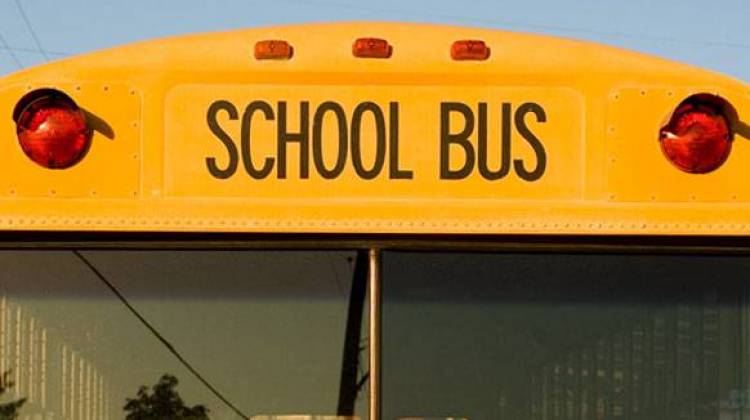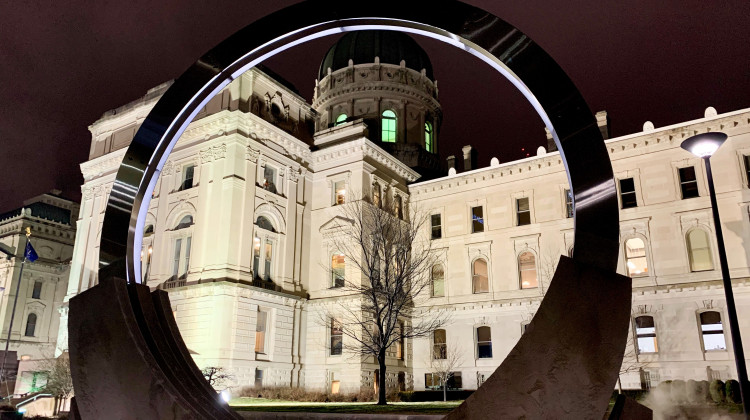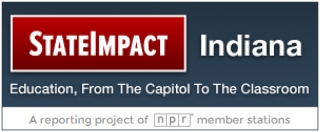The Indiana Department of Education is short on money to help schools provide additional special education services for the second year in a row. The department says an uptick in students with disabilities and increased service costs have squeezed that piece of the state budget about halfway through the fiscal year.
If schools have special education service needs that cost more than what’s already in the school’s budget, they can ask the state for some extra cash, but the fund for so-called Special Education Excess Costs (SEEC) will run out early this year. That means the department has to scale back the costs they’re willing to provide funding for. Pam Wright, head of the department’s special education office, says the issue has the department considering some changes to the way it provides those funds.
“I think it’s really important that we take another look at how this is being done, like I said it’s always been first come first serve, but it’s never been an issue before.”
Schools that applied for excess cost money before Dec. 1 won’t see a change in those contracts, but applications through the rest of the fiscal year – which ends in June – will see a limited amount of funds. The department sent a memo last month detailing services it won’t provide money for in the new contracts, which includes transportation and one-on-one services.
The state has maintained the $24 million dollar SEEC fund for nearly 30 years, but Wright says lawmakers should consider if that amount is enough.
“That may have been plenty of money you know 20 years ago, 10 years ago but as cost increase and as the needs of students increase it’s an area that probably needs to be looked at.”
The department says schools may have to shuffle their budgets in order to meet additional special education student needs until the end of the fiscal year, when SEEC funds are reset.
 DONATE
DONATE









 Support WFYI. We can't do it without you.
Support WFYI. We can't do it without you.